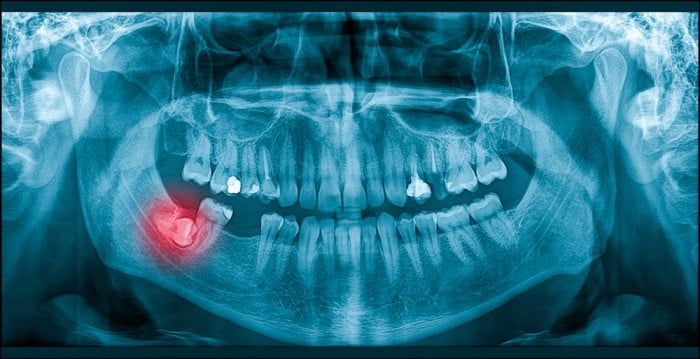When is the Right Time to Remove Wisdom Teeth?
Wisdom teeth, or third molars, are the last set of teeth to emerge, typically appearing in the late teens or early twenties. For some people, these teeth come in without any issues, but for many, wisdom teeth can cause various problems that necessitate their removal. Deciding when to remove wisdom teeth can be challenging, as it depends on several factors. In this blog, we’ll explore when the right time to remove wisdom teeth might be and the signs that indicate it’s time for extraction.
Why Wisdom Teeth May Need Removal
Wisdom teeth often require removal because they can cause several dental issues, including:
- Impaction: Wisdom teeth can become impacted, meaning they do not fully emerge from the gums due to lack of space. This can lead to pain, infection, and damage to adjacent teeth.
- Crowding: If there isn’t enough room in the mouth, wisdom teeth can crowd or shift other teeth, leading to misalignment.
- Decay and Gum Disease: Wisdom teeth are harder to clean because they are located at the back of the mouth, increasing the risk of tooth decay and gum disease.
- Cysts and Tumors: Impacted wisdom teeth can sometimes cause cysts or, in rare cases, tumors to form, damaging the jawbone and other teeth.

When is the Right Time to Remove Wisdom Teeth?
- Before Problems Arise
Many dentists and oral surgeons recommend removing wisdom teeth before they cause any problems. Preventive removal, typically done in the late teens or early twenties, can avoid potential issues such as impaction, infection, and misalignment of other teeth. At this age, the roots of the wisdom teeth are not fully developed, making the extraction process easier and recovery faster.
- When Symptoms Occur
If wisdom teeth are already causing symptoms, it’s crucial to consider removal. Common signs indicating it’s time to remove wisdom teeth include:
- Pain or Discomfort: Persistent pain or discomfort at the back of the mouth can signal impacted or infected wisdom teeth.
- Swelling and Infection: Swelling around the gums or jaw, along with signs of infection such as redness, tenderness, or pus, indicates a problem that may require extraction.
- Cysts or Tumors: If an X-ray reveals cysts or other growths around the wisdom teeth, removal is often necessary to prevent further complications.
- Damage to Adjacent Teeth: If wisdom teeth are pushing against neighboring teeth, causing damage or shifting, extraction may be needed to protect the alignment and health of other teeth.
- When Recommended by a Dentist or Oral Surgeon
Regular dental check-ups and X-rays can help monitor the development of wisdom teeth. If your dentist or oral surgeon recommends removal based on these evaluations, it’s wise to follow their advice. They can determine whether your wisdom teeth are likely to cause future issues, even if you’re not currently experiencing symptoms.

Factors Influencing the Timing of Wisdom Teeth Removal
Several factors can influence the timing of wisdom teeth removal, including:
- Age: Younger patients, typically between 17 and 25, tend to recover faster and with fewer complications compared to older adults.
- Development of Roots: The earlier the extraction, the less developed the roots of the wisdom teeth are, making the procedure less complicated.
- Overall Health: Patients in good overall health generally experience smoother recoveries. Preexisting conditions can influence the timing and approach to removal.
- Dental and Oral Health: The current state of your dental and oral health can also dictate when to remove wisdom teeth. If you have ongoing dental issues, addressing them before or during the extraction might be necessary.
